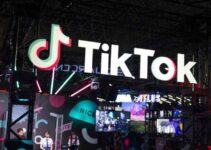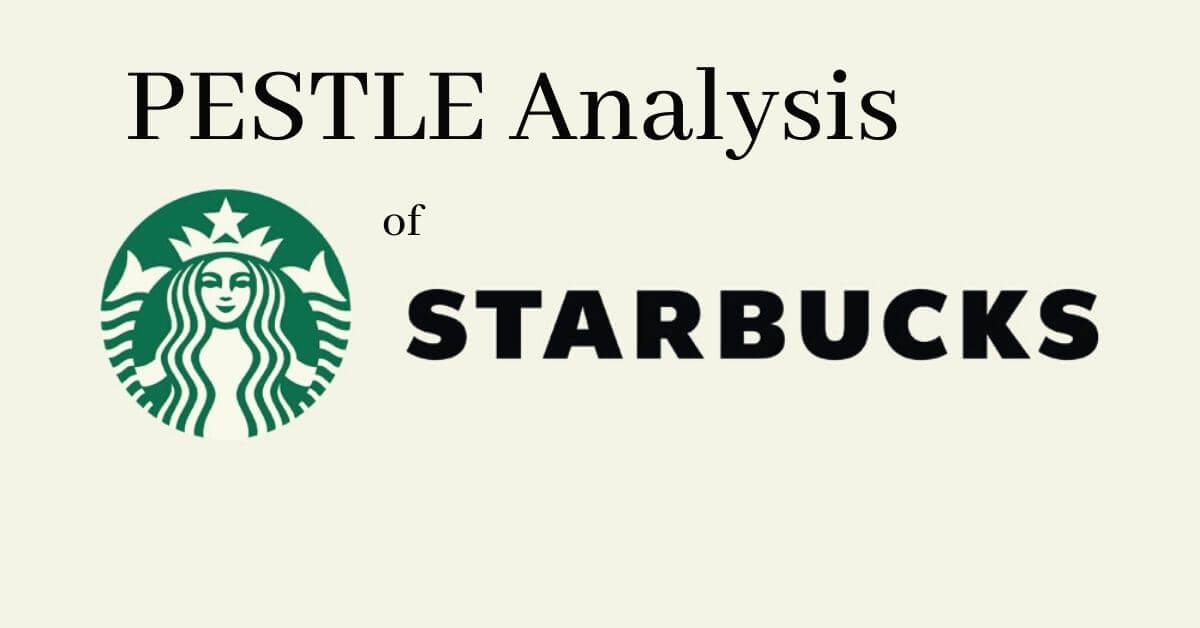Pestle analysis of KFC (Kentucky Fried Chicken). KFC is an American fast-food multinational chain hotel company. Colonel Harland Sanders and Pete Harman were the founders of KFC and they established the company on March 20, 1930. The headquarter of the brand is situated in Louisville, Kentucky, USA.
KFC is a subsidiary brand of Yum Brands. According to a report by Owler, KFC’s annual revenue in 2020 was 2.6 billion dollars. The brand has employed roundabout 24,000 employees to manage various operations of its business worldwide. KFC is operating in more than 150 countries with a chain network of 22,621 franchises worldwide.
KFC offers products and services like Kentucky grilled chicken, French fries, salads, soft drinks, wraps, desserts, chicken sandwiches, breakfast, hamburgers, milkshakes, and fried chickens.
Some of the prominent competitors of KFC in the fast-food chain and hotel & restaurant business are McDonald’s, Subways, Wendy’s, Burger King, Dunkin Donuts, Pizza Hut, Taco Bell, Starbucks, and Chipotle.
Today, we’ll study the pestle analysis of KFC. Here we’re going to focus on the macro-environmental factors that impact the fast-food chain brand. If you want to study the internal environment of the fast-food brand, check out the swot analysis of KFC. Here’s the pestle analysis of KFC as follows;
Political factors impacting KFC
Health Regulations
KFC is a multinational fast-food brand that operates in different countries. The government regulations of different countries are different and they could impact the company. In particular, the government officials give preferences to the health regulations.
The brand has maintained very good relations with the political systems and government officials over the years. But it could change with the new vegan and diet control trend.
Mocking Donald Trump
Donald Trump, former president of the USA, once said in his tweet that the US nuclear button was “bigger and more powerful” than the nuclear program of North Korea. KFC jumped into the discussion and mocked the comment of Donald Trump.
Although it was a harmless humorous comment, it caught the attention of Donald Trump’s fans and they didn’t like the company’s involvement in the political tension.
Political Dispute
KFC became the main accomplice in the famous political dispute between Steve Cohen (Representative of Tennessee Democrat) and William Barr (Attorney General). Rep. Cohen made fun of Barr by calling him chicken referring to the KFC’s chicken. The brand name and logo were visible. It was a sudden incident and done without the permission of KFC.
Economical Factors Affecting KFC
Economic Recession
The economic crisis has dropped the annual revenue of KFC to a great extent. It was because of the months of lockdown and shutdown of hotels and restaurants worldwide. The media and the government were promoting social distancing awareness. The economy would continue to decline until we have the proper vaccination of the virus.
Struggling in China
KFC is operating chains of hotels and restaurants worldwide. But the brand isn’t growing in the Chinese market. It’s because of many factors like government regulations, less market response, and many others.
Impact of “Fried Chicken”
Before the brand name “KFC,” the company used the brand name “fried chicken” when the customer market wasn’t sensitive. The brand is selling the same product, but the fried chicken brand isn’t acceptable by the health-conscious market.
The company has successfully changed the brand name without losing its market. It’s because KFC’s brand name sends the signal that the company offers more products than just fried chickens.
Vegan Food
KFC has recently started offering vegan food items to the vegetarian market. It’s a great shift in the brand. The company should add more vegan food items to the menu. It would help the company to increase its market share, sales, and revenue.
Social factors impacting KFC
Cultural Trends
A majority of the Indian market is vegan and cow meat is sacred to them. It’s a great step for the company to add vegan food to its menu. Just like Muslim countries want Halal meat. They won’t accept your product if you offer them chicken without slaughtering the bird according to their belief.
Negative Association
Issues like low wages, poor treatment of employees, and animal abuse are some of the negative associations that KFC has. The poultry farms feed steroid food to the chickens to increase their growth and they stuff the birds in small cages. Many animal welfare organizations and customers have boycotted the hotels and restaurants that follow such practices.
Healthy Diet Trend
KFC’s menu comprises of salty, oily, and high-calorie food items. The customer market doesn’t want such food that causes health issues like obesity, high blood pressure, and heart attacks. Many people blame fast-food hotels and brands for their obesity and declining health. That’s why they call the fast food junk food.
Technological Factors Affecting KFC
Tech Savvy
KFC is quick to accept and adapt to the latest technological trends. The company believes in improving the working environment through technology. For instance, KFC uses voice-activated tests during the training of its employees. It’s because the younger employees are tech-savvy and they’re quick to learn and adapt to the tech changes in the workplace.
Social Media
Some of the KFC franchises in Australia have allowed employees to use social media platforms. The company has also given them permission to share ideas, and thoughts, and ask questions on social media platforms.
Advanced Tech
KFC also uses some of the advanced tech tools like Kiosks for quick ordering, food delivery, payment clearance, and collecting your food. All of these tools save a lot of time for hungry customers. The company serves them food on time.
According to an estimate, 98% of the hotels and restaurants of KFC use the click-and-collect tool, and it increased more than 20% of the company’s profitability.
Legal factors impacting KFC
Rules & Regulations
As we know KFC is operating its fast-food chain hotel and restaurant business in more than 150 countries across the world. Therefore, the company should follow the labor and wage laws, health and safety standards, and regulations of different countries. Failure to comply with those laws would put the brand in a lot of trouble.
Penalty
KFC had to pay 19000 pounds of the penalty when the food inspector found a cockroach eating the food near takeaway boxes in Britain. Many customers have complained that the company offers poor quality food. Such news and incidents aren’t good for the reputation of the company.
Environmental factors affecting KFC
Eco-friendly trend
The customer market has become very cautious about the environment and sustainable operations of businesses. KFC is aware of these customers’ trends and the company has taken many steps over the years to make the organization sustainable and reduce carbon waste.
Biodegradable Paper
Usage of biodegradable paper and recyclable material is one of the sustainable steps of KFC. It has helped the fast-food chain brand to decrease more than 14000 tons of plastic packaging.
Cogeneration System
KFC made a partnership with Tidy Planets. It has created a product by the name of CHiP. It’s a small-scale cogeneration system project that converts used/scrapped cooking oil into hot water and electricity on the product site. It has helped the company to decrease the carbon emission rate of 4000 tons annually.
Conclusion: KFC PESTLE Analysis Example Company
After a careful study of the pestle analysis of KFC, we have realized that KFC has to worry about health regulation due to the growing diet trend. The company should utilize the technological and vegan menu advantage to overcome legal issues; while paying heed on the external political, economical, social, technological, legal, and environmental factors.

Ahsan Ali Shaw is an accomplished Business Writer, Analyst, and Public Speaker. Other than that, he’s a fun loving person.


